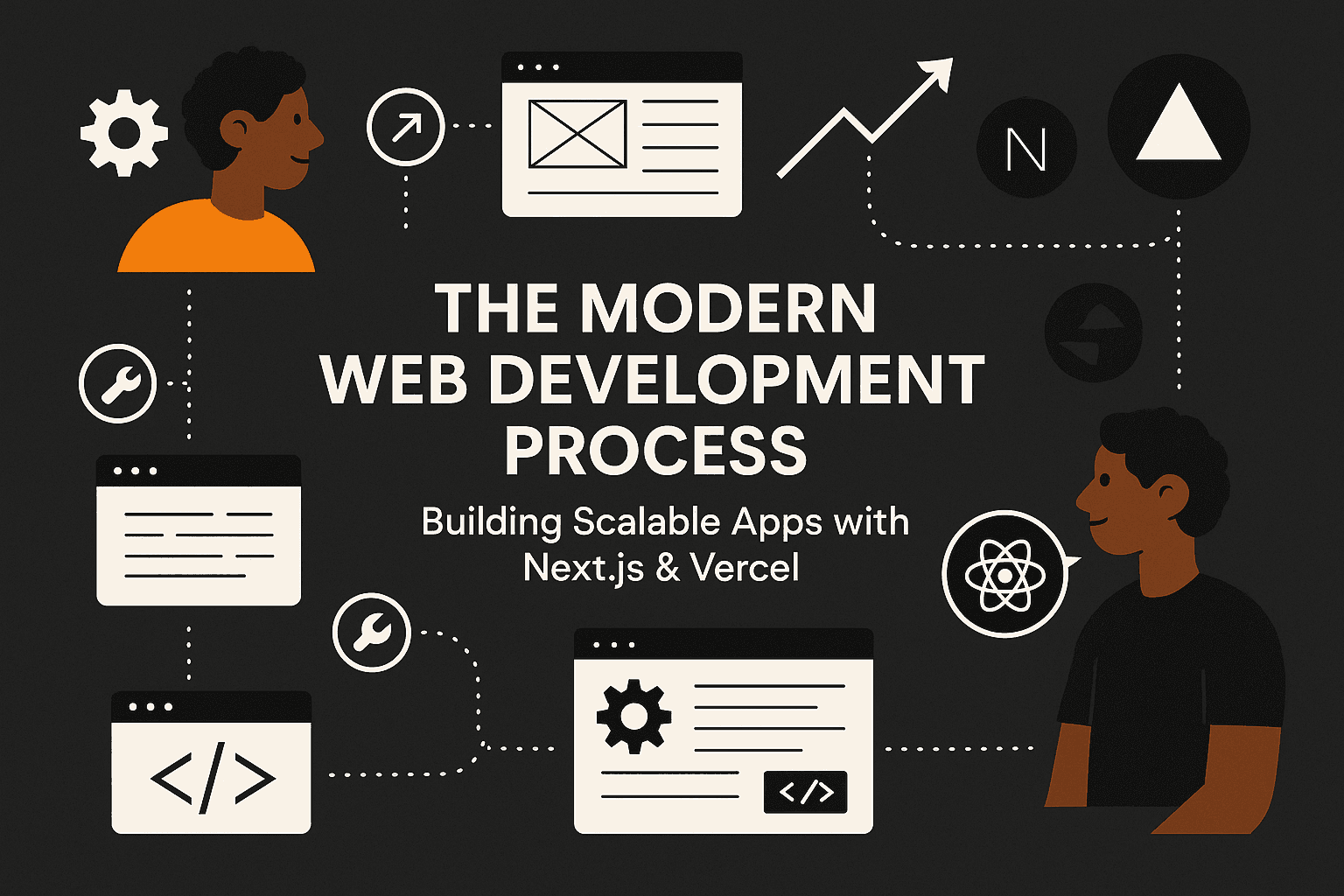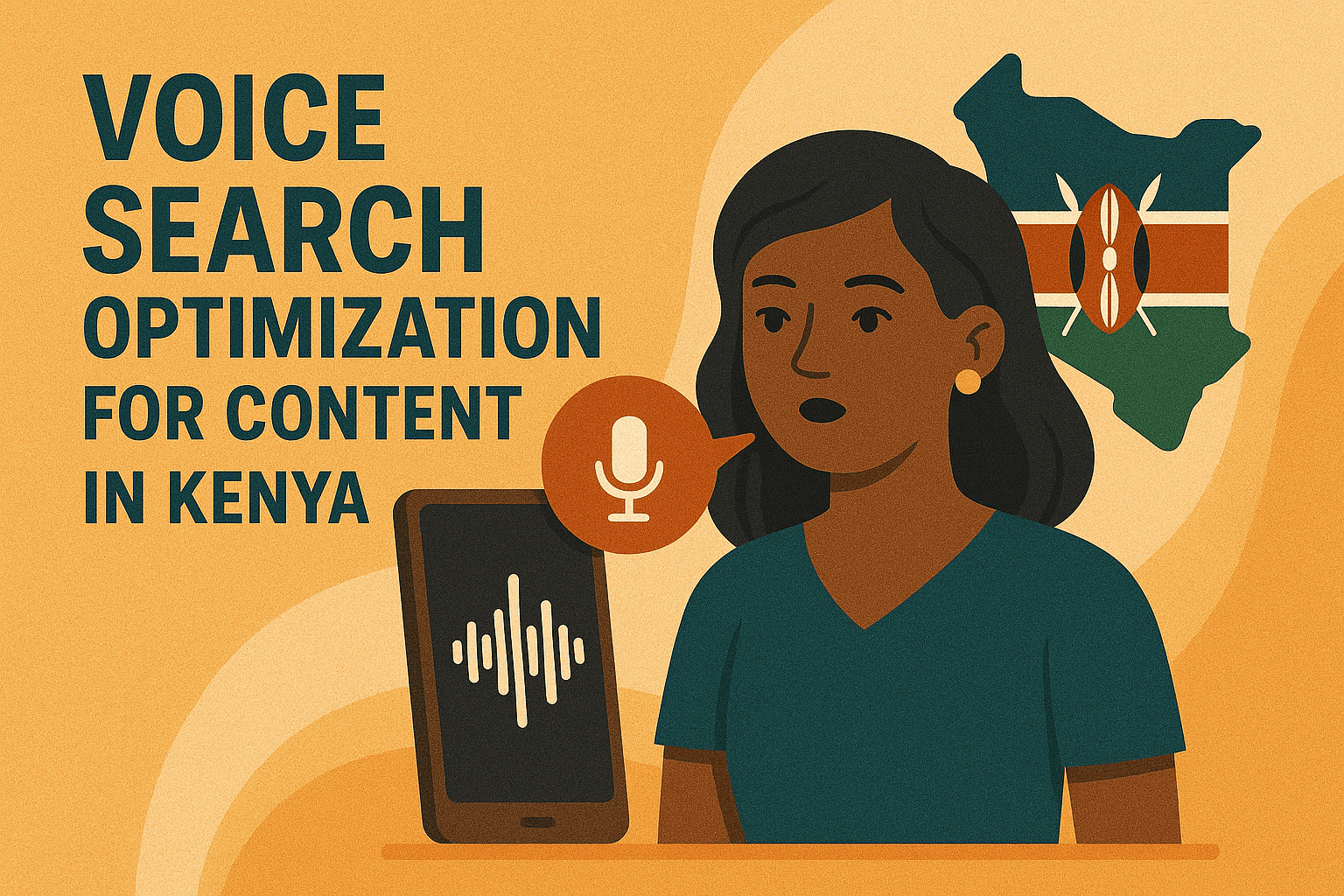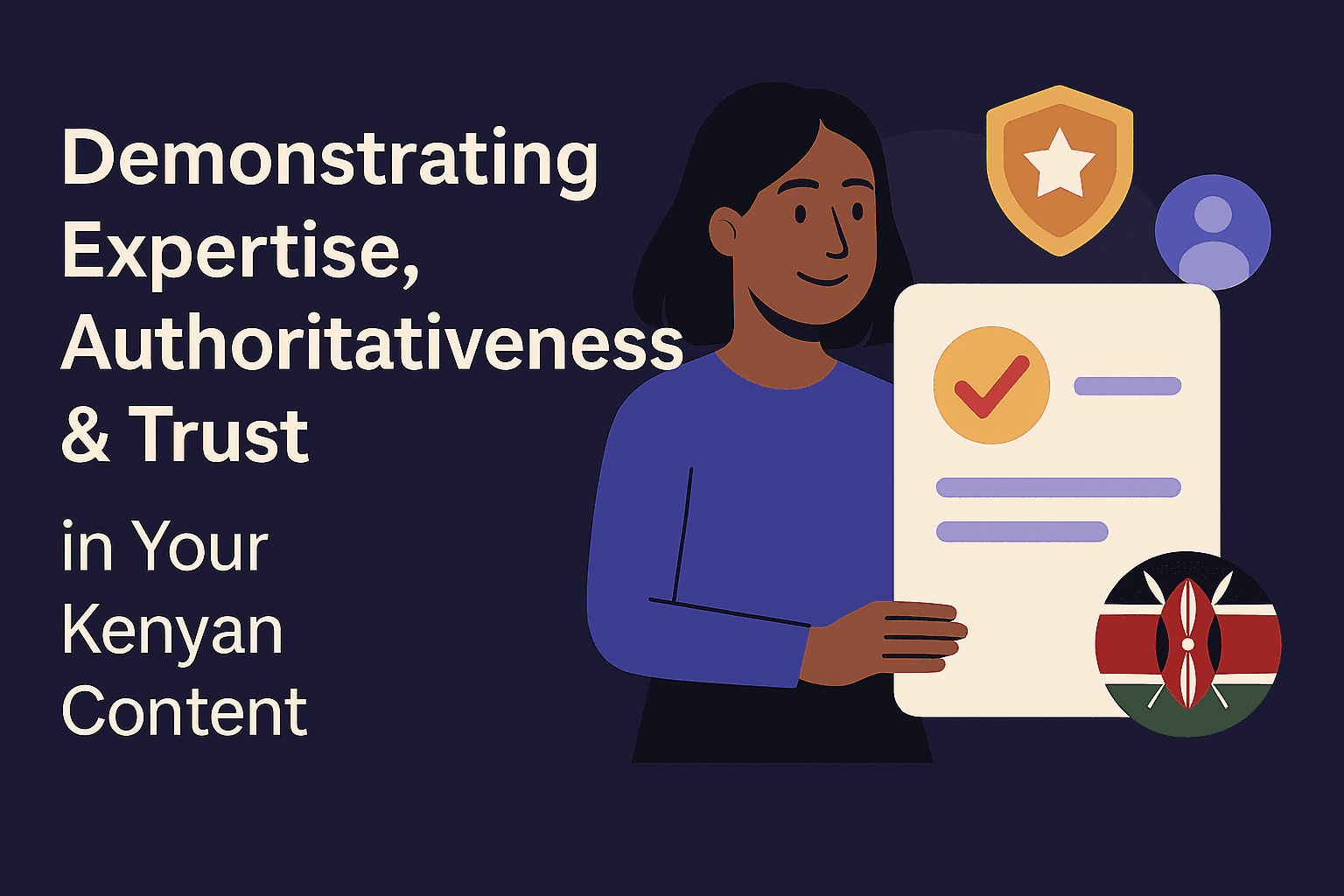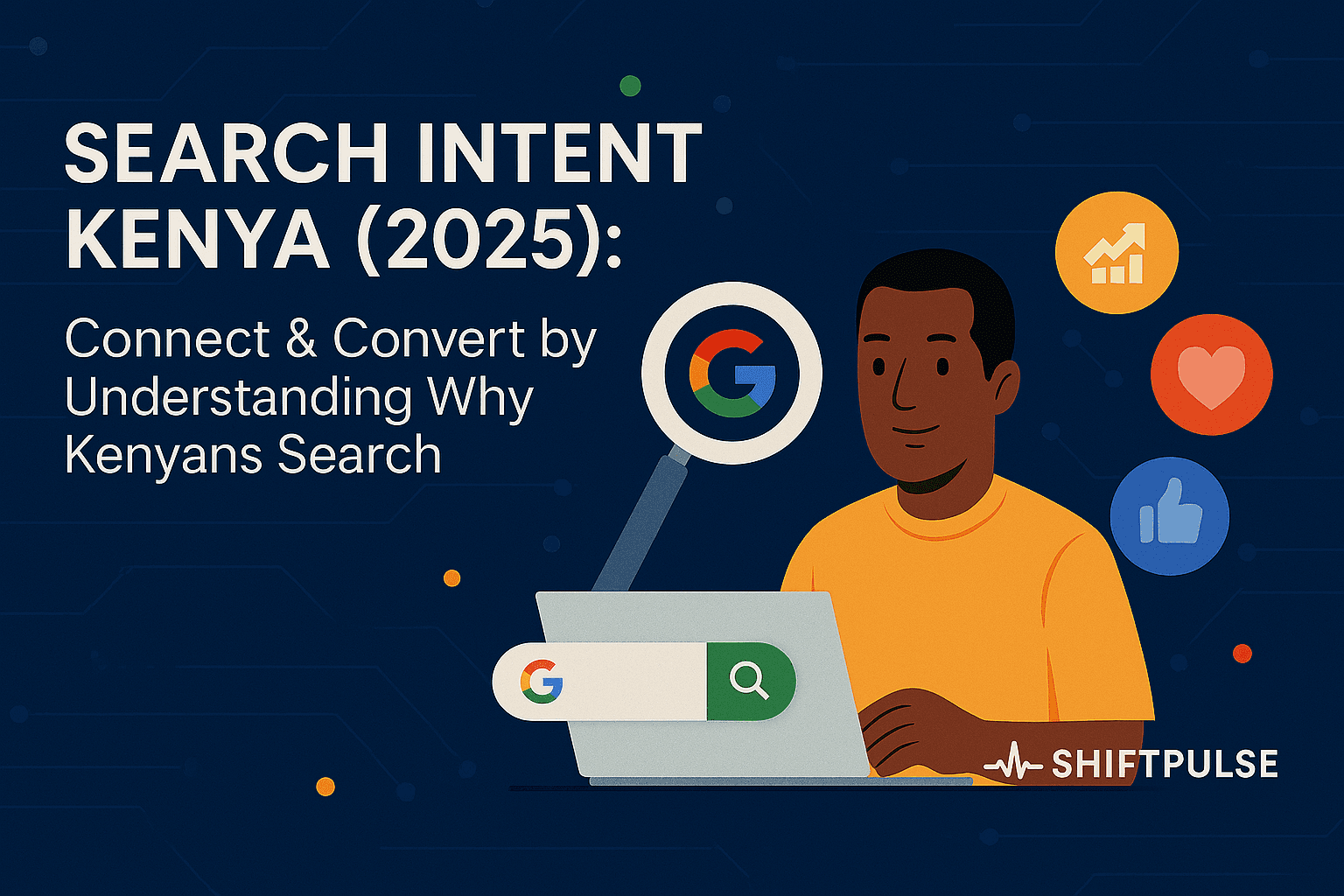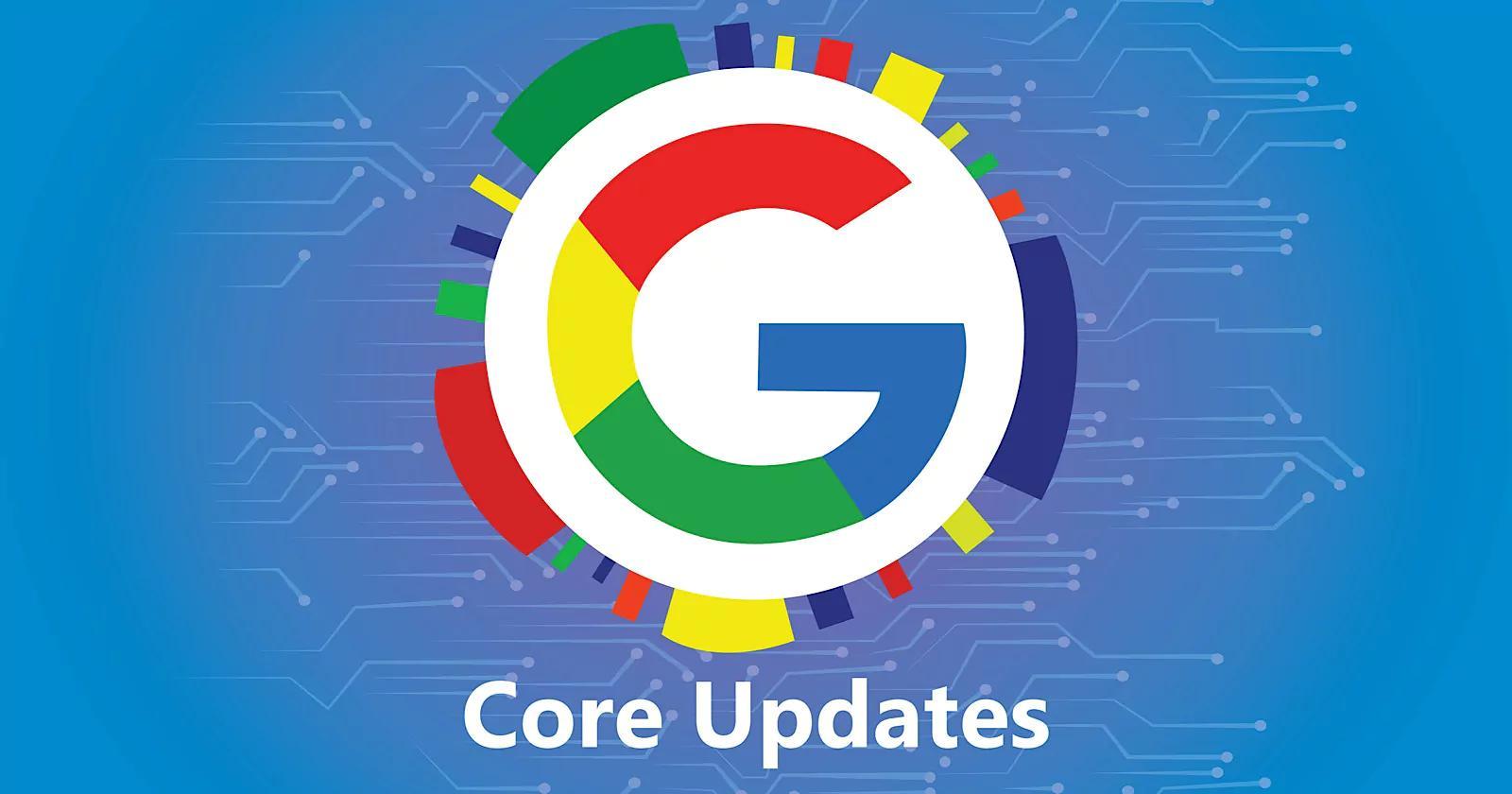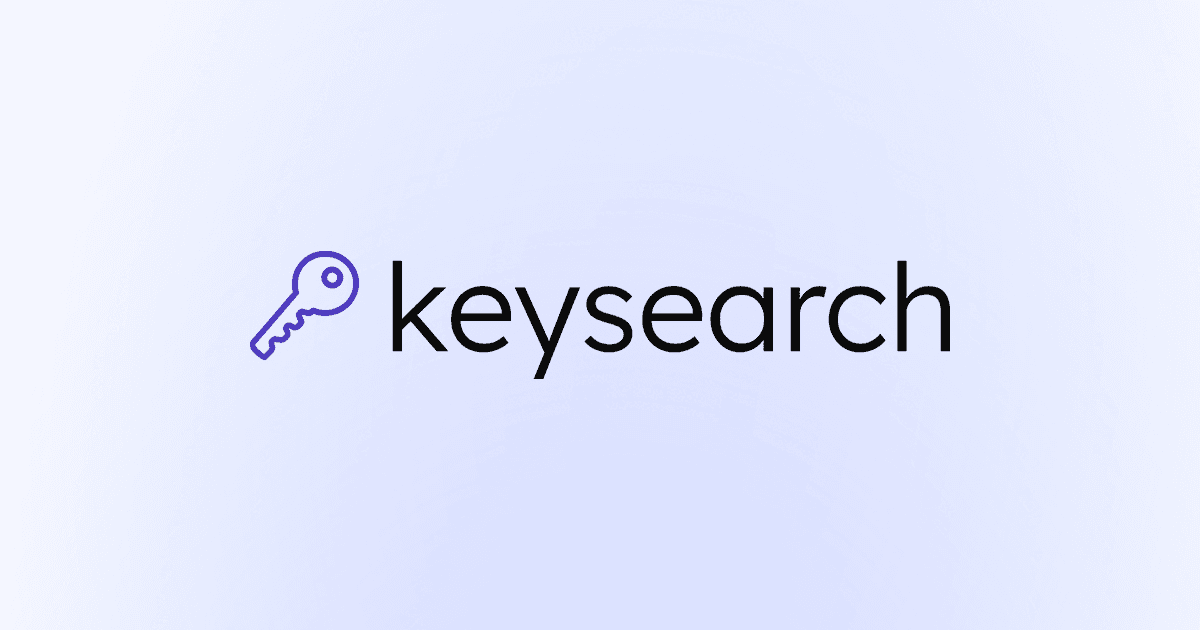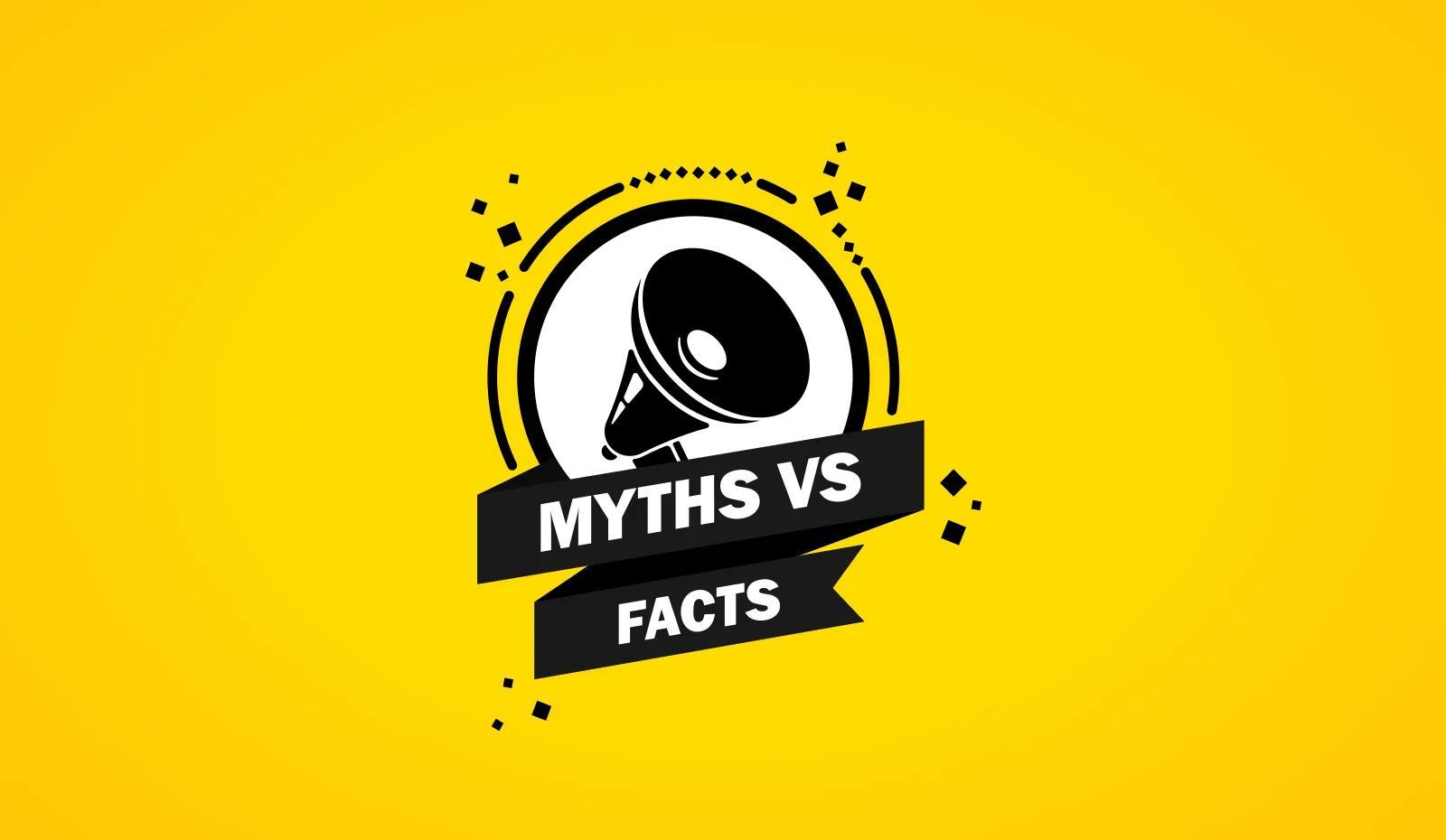
Ken Kariuki
Shiftpulse Marketers
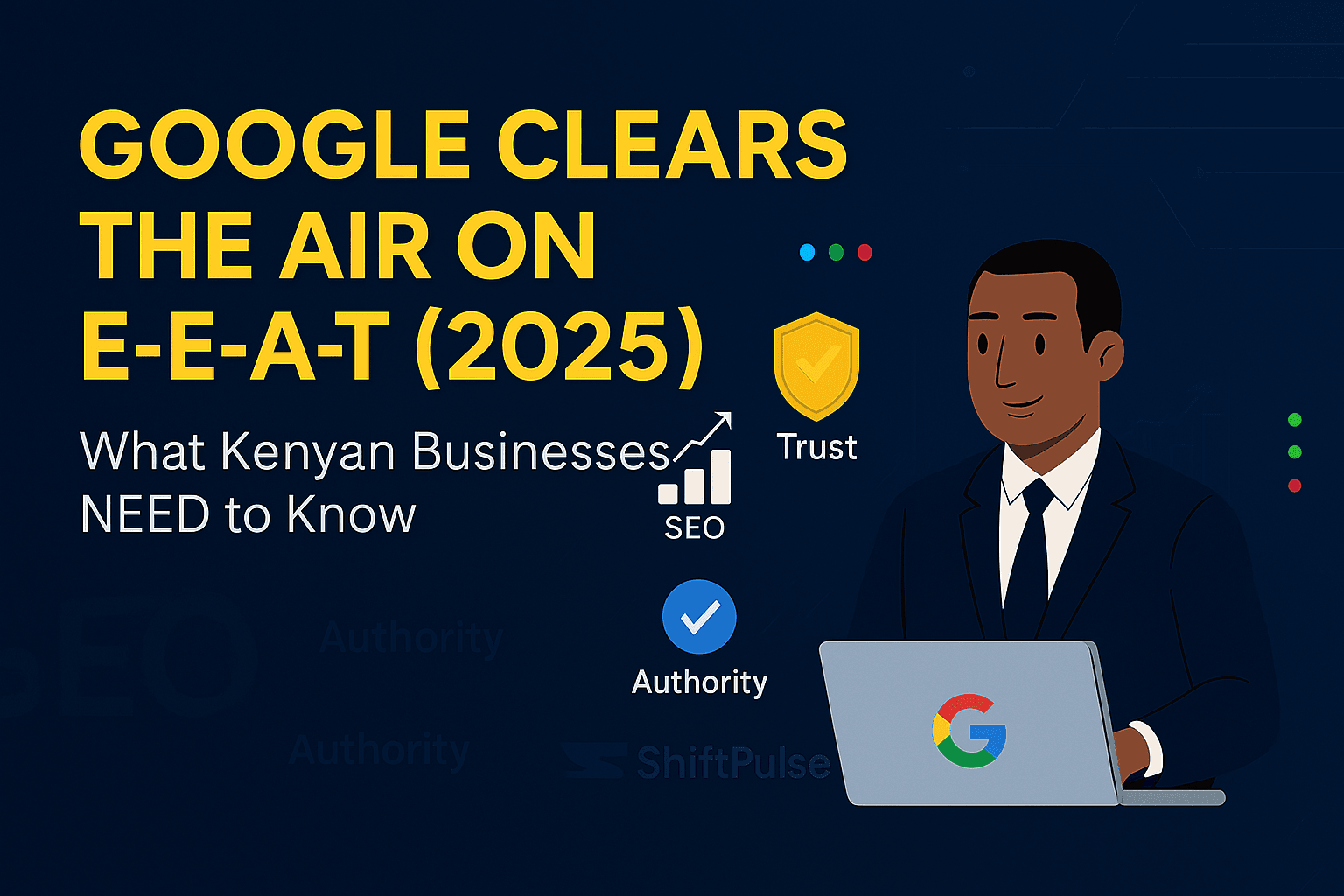
TL;DR: EEAT (Experience, Expertise, Authoritativeness, Trustworthiness) is NOT a direct ranking factor but a framework used by Google’s Quality Raters to assess content credibility, especially for Your Money or Your Life (YMYL) topics like finance, health, and legal information in Kenya.
By Ken Kariuki | Head of SEO Strategy at ShiftPulse (Published: April 4, 2025) Based in Nairobi, Kenya, ShiftPulse cuts through the SEO hype to deliver strategies that work. We stay on top of Google's latest guidance to ensure our Kenyan clients focus their efforts on building genuine website quality and achieving sustainable rankings, not chasing checklists.
Introduction: The EEAT Confusion & What Google Really Means for Kenya (2025 Deep Dive)
The SEO world thrives on acronyms, and EEAT (Experience, Expertise, Authoritativeness, Trustworthiness) has generated significant buzz – and considerable confusion – among Kenyan businesses and marketers. The pressing question remains: "Do I need to somehow add EEAT signals to my website pages to rank higher on Google.co.ke?"
Recent clarifications from Google's John Mueller (at Search Central Live NYC, March 31, 2025) cut through the speculation. The emphatic answer is NO – you can't simply "add" or "sprinkle" EEAT onto your website. So, why the confusion, and what should Kenyan businesses focus on?
At ShiftPulse, we believe a clear understanding of EEAT's true purpose is vital for effective SEO strategy in Kenya. Trying to artificially inject these qualities misses the mark entirely. This in-depth guide breaks down Google's official stance, explains the nuances of EEAT within the Kenyan context, clarifies its critical role for specific types of websites (YMYL), debunks common myths, and outlines the foundational quality factors ShiftPulse advises focusing on for genuine online success in 2025.
What IS EEAT & Its True Purpose (According to Google)?
Let's establish clarity directly from the source:
- EEAT Defined: Experience, Expertise, Authoritativeness, Trustworthiness. These are dimensions of content and website quality.
- Google's Stated Use: John Mueller explicitly confirmed EEAT concepts are primarily used by third-party human Quality Raters. These individuals assess the quality of Google's search results against detailed internal guidelines (the Quality Rater Guidelines or QRG). EEAT provides a framework for these raters to make more objective judgments about whether a page meets user needs, especially for sensitive topics.
- NOT an SEO Checklist: Mueller was clear: EEAT was not created as a direct list of ranking factors for SEOs to tick off. It's an internal evaluation framework.
Key Point: Think of EEAT as concepts Google wants its algorithms to reward and uses human raters to check if the algorithms are doing a good job, particularly in sensitive areas. It's not a direct set of instructions for website owners.
EEAT & YMYL in Kenya: The Crucial Distinction & Why It Matters Deeply
Mueller emphasized that EEAT concepts have greater weight algorithmically for Your Money or Your Life (YMYL) topics.
- What defines YMYL? Subjects where inaccurate, low-quality, or untrustworthy information could directly cause significant harm – impacting a person's health, finances, safety, or well-being.
- Specific Kenyan YMYL Examples & Risks:
- Finance: Mobile loan apps (Tala, Branch, etc.), online banking portals (Equity, KCB, Co-op), investment advice sites, SACCO portals, insurance platforms (Lami), content discussing M-Pesa transactions or financial planning. Risk: Bad financial advice can lead to devastating losses for Kenyan families and businesses.
- Health: Online pharmacies (MyDawa), hospital websites (Nairobi Hospital, Aga Khan, MP Shah), health information portals (like those addressing common Kenyan health concerns), mental wellness apps/sites, telehealth providers (Ohospital). Risk: Incorrect medical information can have severe health consequences, delaying proper treatment or promoting harmful practices.
- Safety/Legal: Government service portals (eCitizen, KRA), legal advice websites tailored to Kenyan law, emergency contact information, road safety advice sites. Risk: Wrong legal or safety information can lead to legal trouble, accidents, or inability to access essential services.
- News/Civic Info: Reputable news sources (Nation, Standard) covering critical national events (elections, policy changes), sites providing voting information. Risk: Misinformation during elections or crises can have serious societal impact.
- Why Google Emphasizes EEAT Here: For these critical YMYL topics in Kenya, Google's algorithms actively look for signals indicating the Experience, Expertise, Authoritativeness, and especially Trustworthiness of the source to protect users from harm. Reliability is paramount. Google doesn't explicitly state all these signals, but they relate to the real-world credibility of the site and its creators.
ShiftPulse Insight: If your Kenyan business operates in any YMYL sector, demonstrating genuine EEAT through tangible, verifiable signals isn't just optional; it's likely a critical factor in how Google evaluates your site's quality and suitability to rank for sensitive queries.
"You Can't Just Add EEAT" - Debunking the Pervasive SEO Myth
This was Mueller's most crucial clarification for the SEO industry: SEOs cannot mechanically "add" EEAT elements to a webpage and expect rankings to improve.
- Mueller's Point (Paraphrased): It makes no sense to talk about "adding" experience or trustworthiness like you add a keyword. These aren't on-page tags.
- Why It's True - The ShiftPulse Explanation: EEAT concepts, particularly Authoritativeness and Trustworthiness, are earned attributes. They are the result of consistently providing high-quality information, demonstrating real expertise, building a positive reputation, offering excellent user experience, and operating ethically over time. They are reflected through a multitude of complex signals Google might assess (both on-page and off-page), not just elements you can paste onto a page.
Misguided "Add EEAT" Tactics Persist (ShiftPulse Strongly Advises Against):
Driven by misunderstanding, some try superficial tricks. ShiftPulse considers these unethical and ineffective:
- Fake Author Bios: Inventing "expert" personas, often using AI-generated images and linking to empty or fake LinkedIn profiles. Why it fails: Lacks real-world validation, easily detectable patterns, no genuine authority.
- Generic "Expertise" Banners: Adding phrases like "Medically Reviewed" or "Expert Written" without linking to actual, verifiable experts or transparent review processes. Why it fails: No substance, erodes trust if claims are empty.
- Fake Social Proof / Astroturfing: Creating fake forum posts, social media accounts, or reviews praising a site/author. Why it fails: Often detectable by platforms/Google, unethical, damages long-term reputation if discovered.
- Listing Credentials Without Proof: Simply stating degrees or affiliations without backing it up with high-quality, expert-level content and demonstrable real-world experience. Why it fails: Credentials alone don't guarantee expertise or trustworthiness in the content itself.
Focusing on these "hacks" wastes valuable time and resources that should be invested in building genuine quality and trust signals that actually benefit users and are more likely to be recognized positively by Google in the long run.
Confused about genuine quality signals versus SEO myths? ShiftPulse offers expert SEO Audits focused on foundational quality.
What Kenyan Businesses SHOULD Focus On Instead of "Adding EEAT"
If faking EEAT is out, what builds the underlying quality and trust Google and users value? ShiftPulse focuses client strategies on these fundamental pillars, adapted for Kenya:
1. Demonstrate Genuine Experience:
- Show, Don't Just Tell: Go beyond stating years in business.
- Detailed Kenyan Case Studies: Showcase specific projects and verifiable results achieved for clients within Kenya. Include testimonials.
- Portfolio/Project Pages: Detail the work you've done locally.
- 'About Us' Story: Share your authentic journey and experience within the Kenyan market.
- First-Hand Insights: Share unique perspectives gained from actually doing the work in your niche in Kenya.
2. Showcase True Expertise:
- Create Exceptional Content: Produce in-depth, accurate, comprehensive, and genuinely helpful content that fully answers Kenyan user queries. Go beyond surface-level information.
- Feature Real Experts: If claiming expertise, feature content by demonstrably qualified authors with real credentials, experience, and ideally, a recognized presence in Kenya. Link author names to real, credible profiles (LinkedIn, professional bodies).
- Accuracy & Citations: Ensure all information is factually correct. Cite reputable sources, including local Kenyan data or authorities where relevant.
- Originality: Offer unique insights, original research (if possible), or novel perspectives relevant to the Kenyan context.
3. Build Real Authority in the Kenyan Context:
- Earn Quality Backlinks: Focus on acquiring links from respected, relevant websites within Kenya (.co.ke domains, established media like Nation/Standard/Business Daily, industry associations, reputable blogs). Quality over quantity.
- Gain Positive Mentions: Earn citations and mentions in Kenyan media, industry reports, or relevant online discussions.
- Become a Niche Leader: Be the go-to resource for your specific topic in Kenya. Participate in local industry events, webinars, or discussions.
- Build Brand Recognition: Consistent quality and visibility lead to increased brand searches – a strong signal.
4. Cultivate Actual Trustworthiness (Essential in Kenya):
- Website Security: Use HTTPS consistently.
- Clear & Accessible Contact Info: Provide a verifiable physical address (if applicable, crucial for local trust), working Kenyan phone number, and professional email address.
- Positive Online Reviews: Encourage genuine reviews on Google Business Profile (critical for local SEO), relevant Kenyan directories (e.g., Pigiame, BusinessList.co.ke), and industry-specific sites. Respond professionally to all reviews.
- Transparent Policies: Have easily accessible and clear Privacy Policies (mentioning DPA compliance), Terms of Service, and Refund/Return Policies.
- Excellent Customer Service: Responsive and helpful support (consider channels Kenyans use, like WhatsApp Business) builds immense trust.
- Professional Website Design: A clean, modern, fast, mobile-friendly, and error-free website inspires confidence.
- Secure Transactions: If handling payments (e.g., M-Pesa, card), clearly display security measures and certifications.
5. Prioritize User Experience (UX):
- Mobile-Friendliness is Paramount: Ensure a seamless experience on the devices most Kenyans use. Test rigorously.
- Fast Loading Speed: Optimize images, code, and hosting. Critical given varying internet speeds and potential data costs in Kenya.
- Intuitive Navigation: Make it easy for users to find what they need quickly.
ShiftPulse Philosophy: Building these foundational elements creates genuine value for users and sends positive signals to Google. This sustainable approach yields far better long-term results than chasing shortcuts.
Need strategic guidance on building genuine authority and implementing these quality signals? Explore ShiftPulse's SEO & Content Strategy services.
EEAT & Non-YMYL Kenyan Sites: Is It Relevant?
Mueller confirmed that EEAT is not the primary algorithmic focus for non-YMYL sites.
- Kenyan Non-YMYL Examples: Local recipe blogs (Kaluhi's Kitchen, Pika Chakula), travel blogs showcasing Kenyan destinations (Kenyan Backpacker, TravelStart's blog), general e-commerce stores (selling clothes, crafts, non-critical goods), entertainment news portals, local event listings (KenyaBuzz), hobbyist sites.
- Why the Distinction? For a cookie recipe or a review of a tourist spot, users can generally judge quality based on the content itself, user reviews, or personal preference. The potential for severe real-world harm from inaccurate information is much lower than in YMYL topics.
- What Does Matter for Non-YMYL SEO in Kenya:
- Relevance: Does your content directly match the Kenyan user's search query?
- Content Quality: Is it well-written, engaging, unique, and genuinely helpful/entertaining?
- User Engagement: Are users spending time on your page? Are they clicking through to other pages? Low bounce rates?
- Standard SEO Practices: Good keyword research (including local terms/Swahili), solid on-page optimization, mobile-friendliness, site speed, logical site structure.
- Trust Signals (General): While not the intense focus of YMYL, basic trust signals (HTTPS, clear contact) are always beneficial for user confidence.
ShiftPulse Advice for Non-YMYL Kenyan Sites: Create fantastic, engaging, user-focused content. Nail your standard technical and on-page SEO. Build a positive user experience. Don't excessively worry about artificially demonstrating EEAT if your topic isn't critical.
ShiftPulse Takeaways: Clearing the EEAT Fog for Kenya (April 2025)
Based on Google's clarification and our extensive experience in the Kenyan market, here are the key takeaways:
- EEAT = Rater Guideline, Not SEO To-Do List: Primarily for human evaluators assessing search quality, especially for YMYL topics.
- YMYL Focus is Critical: For Kenyan finance, health, safety sites, demonstrating genuine EEAT signals IS algorithmically important.
- You CANNOT "Add" or Fake EEAT: It's earned through consistent quality and ethical practices. Superficial tactics are ineffective and potentially harmful.
- Build REAL Foundational Quality: Focus on genuine Experience, Expertise, Authority, Trustworthiness, and User Experience relevant to Kenya. This is the core of ShiftPulse's effective SEO approach.
- Non-YMYL Sites Need Quality, Less EEAT Scrutiny: Focus on great content, user engagement, and standard SEO best practices.
- Authenticity & User Focus Win: Create content that genuinely helps and builds trust with your specific Kenyan audience.
Conclusion: Focus on Real Quality, Not Fake Checklists for Kenyan Success
Google's recent clarification on EEAT provides welcome direction for businesses navigating SEO in Kenya. The message from John Mueller, interpreted through ShiftPulse's practical experience, is clear: stop chasing the EEAT checklist and focus on building genuinely high-quality, trustworthy websites that serve your Kenyan audience exceptionally well.
For critical YMYL sectors operating in Kenya, demonstrating real-world Experience, Expertise, Authority, and Trustworthiness through tangible signals remains essential. For all other businesses, the focus should be squarely on creating relevant, engaging content and providing an excellent user experience, particularly on mobile.
At ShiftPulse, our SEO philosophy centres on building sustainable growth through ethical strategies and foundational website quality. We help Kenyan businesses understand what truly matters to Google and users, cutting through the industry hype to implement strategies that deliver lasting results. We don't chase acronyms; we build quality that earns rankings and customer trust.
Ready to move beyond the EEAT confusion and implement SEO strategies that drive real growth for your Kenyan business in 2025?
Contact ShiftPulse today for an expert SEO consultation or a comprehensive website quality audit.
